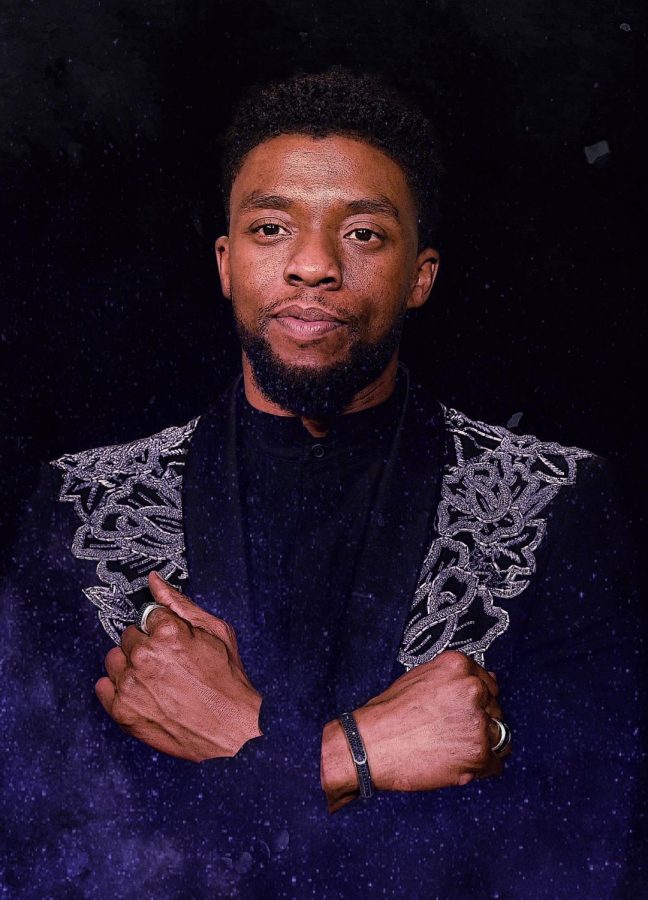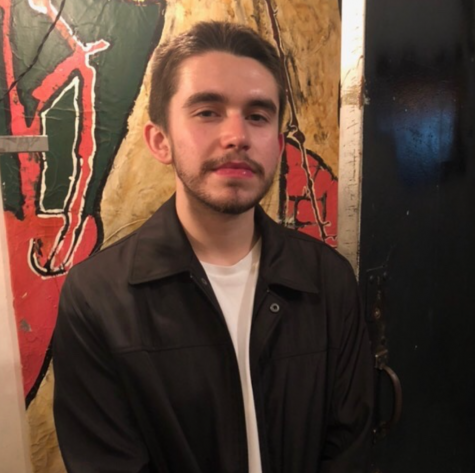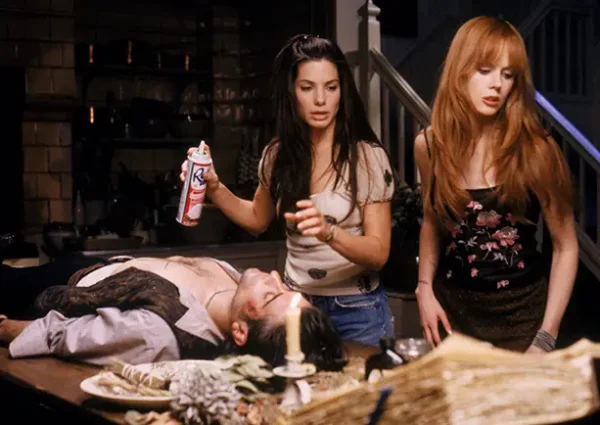The legacy of Chadwick Boseman: actor, activist, Avenger
September 24, 2020
Chadwick Boseman, an actor of many notable roles including the lead hero in the record-shattering Avengers movie “Black Panther,” passed away on Aug. 28 after a four-year battle with colon cancer.
Boseman was born Nov. 29, 1976 in Anderson, South Carolina. He attended T.L. Hanna High School in 1995 where he wrote and staged his first play, “Crossroads,” dedicated to a fellow student and friend of Boseman who was shot and killed during their time there. Boseman then went onto attend Howard University in Washington D.C. where he graduated in 2000 with a Bachelor of Fine Arts in directing.
While he is most predominantly recognized for his acting roles, Boseman got his start in the entertainment industry writing and directing plays out of Brooklyn. He eventually began acting on stage in multiple productions, including productions of “Romeo and Juliet,” “Macbeth” and more.
Boseman went on to win an AUDELCO award for his role in the play “Urban Transitions,” and was nominated for a Joseph Jefferson Award for his script “Deep Azure.” Before heading to the big screen, Boseman also landed several small roles in notable television shows such as “Third Watch,” “Law & Order,” and “CSI: NY.”
Despite how unfortunately short-lived his movie career may have been, Boseman had eventually accumulated a very commendable filmography under his belt.
Many of his roles portrayed other Black heroes and icons, such as MLB legend Jackie Robinson in “42,” funk sensation James Brown in “Get on Up,” and civil rights activist Thurgood Marshall in “Marshall.”
Perhaps his most recognizable part, his lead in “Black Panther” and other contributions in the “Avengers” series, went even further than the movie screen—the movie’s trademark “Wakanda Forever” salute quickly becoming a real-life symbol to express Black power and excellence.
Vice Media did an exclusive on the film’s impact on Black youth in Brazil, in which favela leaders and community officials organized screenings for over 300 children during the movie’s monumental release, many of whom have never seen a movie on the big screen before. At the untimely conclusion of his career, Boseman managed to work alongside director Spike Lee in the Netflix original “Da 5 Bloods,” a significant moment in Black cinema.
Following his passing, many fans and Hollywood stars were taken by surprise, as the actor’s illness was kept relatively hidden from the public eye. He died in his Los Angeles home alongside loved ones, whom in a statement on Twitter said: “A true fighter, Chadwick persevered through it all, and brought you many of the films you have come to love so much.”
“Get Out” director Jordan Peele regarded the news as a “crushing blow” on Twitter, and “13th” director Ava DuVernay Tweeted an endearing tribute with the caption “May you have a beautiful return, King. We miss you so.”
In a time where underscoring the lives and careers of Black icons is vital, the loss of this superstar is a tragic one.
Boseman was a known activist and a promoter of the Black Lives Matter movement, and while his unapologetic public advocacy for the movement and his signing of BLD PWR’s Hollywood 4 Black Lives letter did not go unrecognized, his illness and passing were during a time in which his voice was encouragingly booming.
His impact on Black cinema and culture was groundbreaking both on-screen and off, as “Black Panther” was the first Black-lead superhero role in the any Marvel film, had a 90 percent Black cast, and recruited several Black musicians to cater the soundtrack, such as Kendrick Lamar, SZA, and Anderson Paak.
And no matter how colossal the impact Boseman had, overall, he always remained inspiringly humble.
“It’s a joy to see, even more so than this award, just the effect the film has on different people from various walks of life, no matter what race, gender or age,” Boseman told GQ in an interview when asked about “Black Panther.” “To be a part of something that has affected people in different countries, that is humbling, and liberating.”












